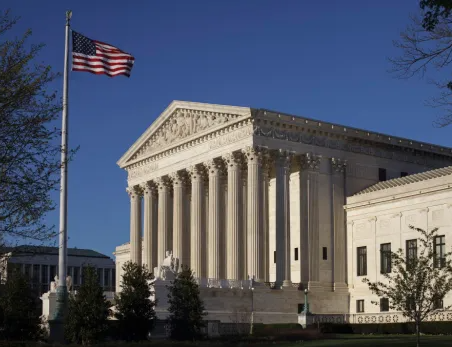
In a unanimous ruling, the U.S. Supreme Court provided support to St. Louis police officer Jatonya Muldrow, who alleged discrimination in a job transfer. The decision overturned a lower court’s dismissal of Muldrow’s lawsuit and instructed a reconsideration of the case. The central question revolves around whether federal workplace protections require employees to demonstrate tangible harm resulting from discrimination, such as a pay decrease or demotion.
Muldrow’s Allegations
Muldrow contends that she was moved out of a police intelligence unit because her new supervisor preferred a male officer in the role. The city of St. Louis argues that officer transfers are routine, with Muldrow’s supervisor having transferred over 20 officers upon assuming control of the intelligence unit.
Title VII and Workplace Discrimination
Title VII of the Civil Rights Act of 1964 prohibits discrimination based on various factors, including sex, in any aspect of employment. The Biden administration supported Muldrow’s case, advocating for a broad interpretation of Title VII. The Justice Department asserted that discriminatory transfers inherently violate the law by altering working conditions.
Want to stay ahead of the competition? Here’s what you need to do.
Legal Dispute and Court Rulings
Lower courts previously diverged on whether all workplace bias breaches Title VII or if only significant employment decisions influenced by discrimination are unlawful. The 8th U.S. Circuit Court of Appeals in St. Louis initially ruled in 2022 that Muldrow’s transfer did not adversely impact her working conditions, aligning with an earlier decision by a Missouri federal judge. The Supreme Court’s review of the case occurred following arguments presented in December.
